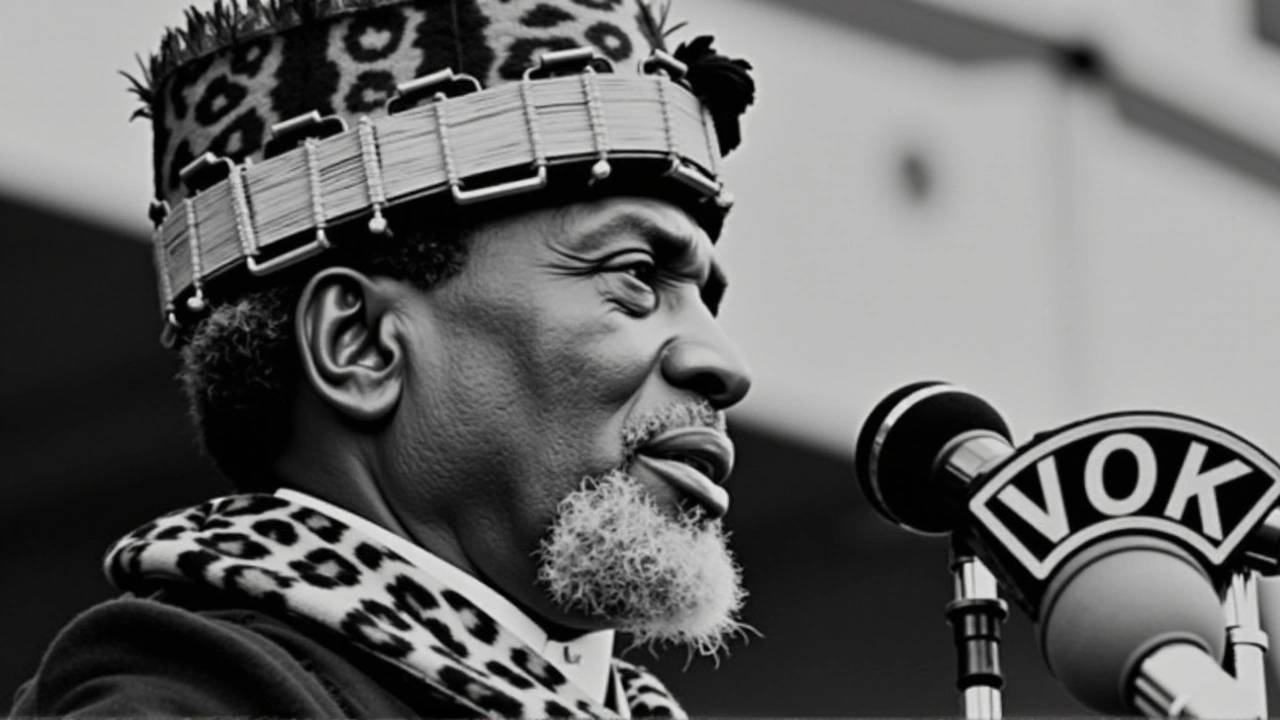Who Was Jomo Kenyatta and Why Does He Matter?
Jomo Kenyatta stands out as one of Kenya’s most important historical figures. As a leader in the fight for independence from British rule, he played a huge role in shaping modern Kenya. If you’re curious about the man behind the name or how he influenced Africa's political landscape, here’s a straightforward take on his life and legacy.
The Early Life and Rise of Jomo Kenyatta
Kenyatta was born in the late 19th century and grew up during a time of intense colonial control over Kenya. Rather than accept this, he became involved in activism and education that aimed to promote African culture and rights. This hands-on approach helped him become the voice of many Kenyans hungry for change. His efforts eventually led to his imprisonment during the Mau Mau uprising, a key moment that only raised his profile and respect among his people.
Leading Kenya to Freedom and Beyond
After years of struggle, Kenyatta became Kenya’s first Prime Minister and later its first President. Under his leadership, Kenya transitioned from colony to independent nation. He worked to unify diverse ethnic groups and build national pride. However, his presidency also had its challenges, including accusations of authoritarianism and corruption. Still, his impact on Kenya’s development and African nationalism remains undeniable.
Understanding Jomo Kenyatta is essential if you want to grasp how Kenya gained independence and how it navigates its post-colonial identity. Whether you’re interested in history, politics, or culture, Kenyatta’s story is a cornerstone of African history that continues to influence the region today.
Unmasking Jomo Kenyatta: The Complex Legacy of Kenya's First President
Jomo Kenyatta, often glorified as Kenya's 'father of the nation,' played a key role in the struggle for independence from British colonial rule. However, his true legacy includes elements of authoritarianism and cultural conservatism, masked by his skillful self-mythologizing through literature. This article explores the complex and multifaceted aspects of Kenyatta's contributions and shortcomings.
Read More
